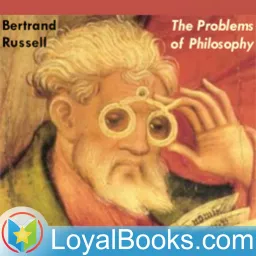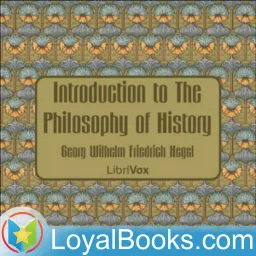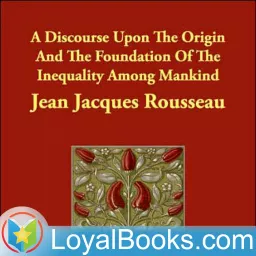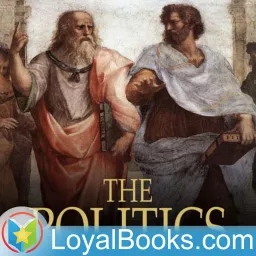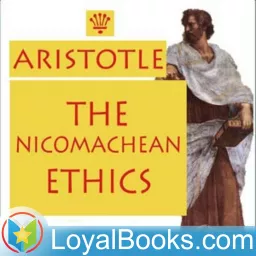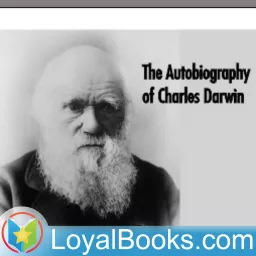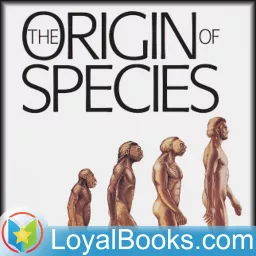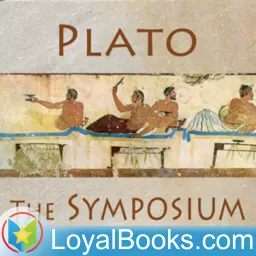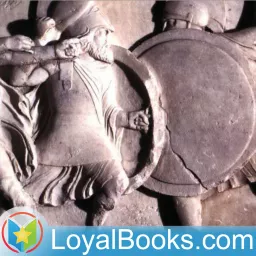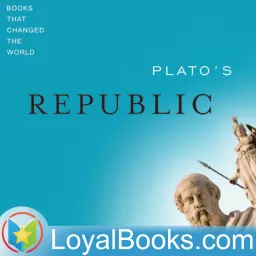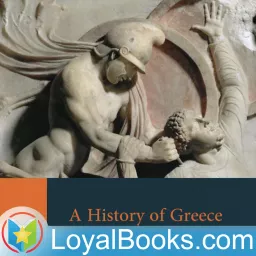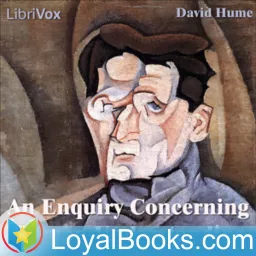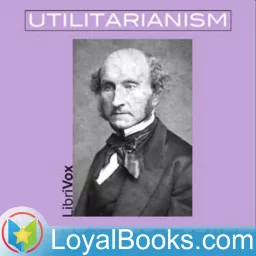The Essays of Francis Bacon by Francis Bacon

Among the many ideas explored in this book are beauty, gardens, honor and reputation, cunning, nobility, friendship and many others. Authored by the man who is credited with having invented the essay form in English, The Essays of Francis Bacon was written over an extended period, ranging from the mid sixteenth century. They were compiled in a single edition in 1597 and later re-written, enlarged and added to in other editions in 1612 and 1625. However, their compelling and insightful quality still appears fresh and appealing to modern day readers. Francis Bacon, Lord Verulam, the 1st Viscount St Albans, was a distinguished genius whose wide-ranging interests covered philosophy, literature, science, politics, economics, civics, administration and art. He was also a gifted speaker, writer and musician. He had a brilliant political career and served as the Lord Chancellor and Attorney General of England during the reign of Elizabeth I. His career extended into the reign of the next monarch James I. He is also credited with having introduced the scientific method of testing a hypothesis. One of his books, The New Atlantis, explores the idea of creating a Utopian world in the New World, America. An enduring mystery about Francis Bacon is that he is speculated to have been the master playwright who wrote under the pseudonym “William Shakespeare.” Though Bacon's career ended in disgrace and disappointment due to the machinations of his rivals, he remained at heart, a compassionate and gracious man. This is reflected in these essays. The Essays or Counsels Civil and Moral are short but pithy works, and bring to the fore Bacon's enormous scholarship, wide-ranging interests and breadth of heart and mind. Filled with Latin and Greek quotations, historical references and literary allusions they make an extremely interesting read, full of depth, humanity and the quest for truth.
